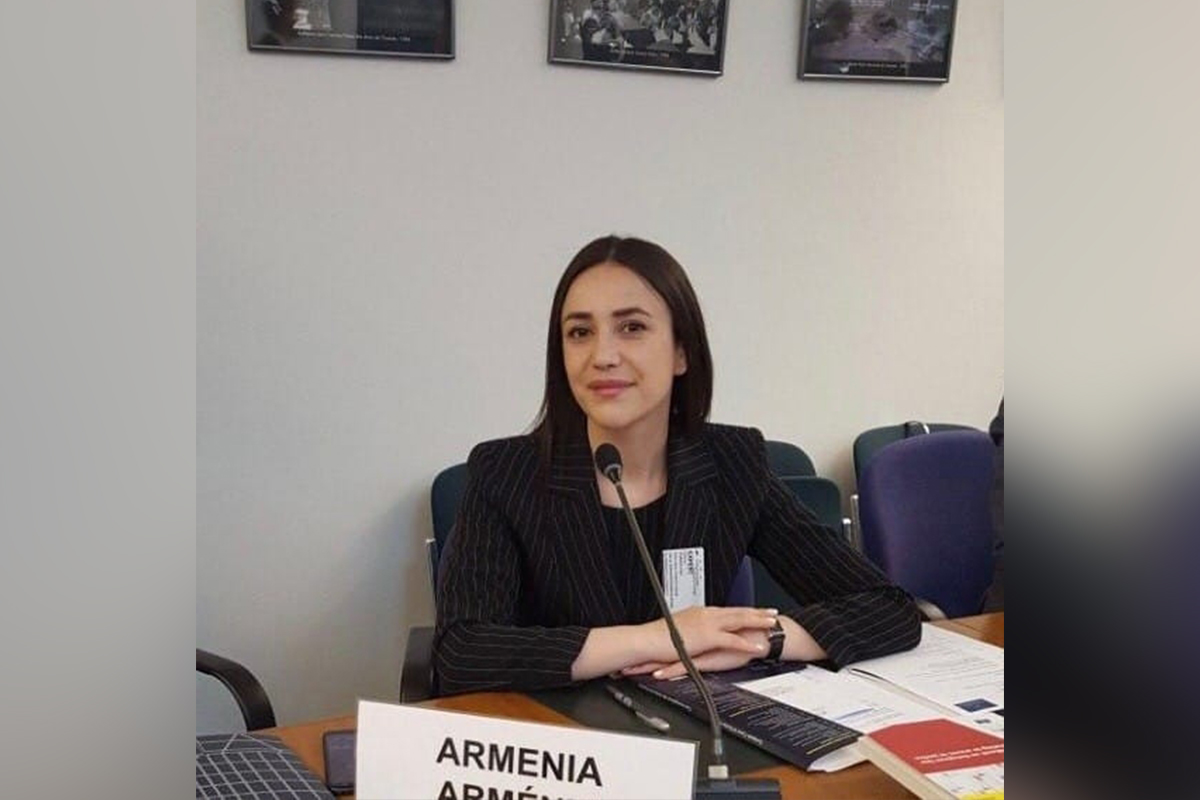The representatives of the government have more than once mentioned that there are in-depth problems in the judicial system. The executive tried to solve these problems with a package of judicial system reforms ․ “We will achieve a reliable judicial system,” RA Minister of Justice Rustam Badasyan said.
One of the cornerstones of the reform package concerns the evaluation of judges’ performance. The General Assembly of Judges forms the Ethics and Discipline Commission, the Judges’ Performance Evaluation Commission and the Training Commission.
The Judicial Performance Evaluation Commission consists of five members, three of whom are judges , two of whom are legal scholars, and the Training Commission consists of seven members, five of whom are judges, two of which are civil society representatives, including lawyers.
On 22 July, the Supreme Judicial Council presented the list of candidates for non-judge members of the Judicial Evaluation and Training Commissions.
One of the candidates, Ashkhen Gharslyan, who is nominated in 2 commissions, caught our attention. The Chairman of the Court of Cassation Yervand Khundkaryan and the Chairman of the Criminal Chamber of the Court of Cassation Lilit Tadevosyan have nominated Gharslyan’s candidacy in the Judicial Evaluation Commission. In addition, Ashkhen Gharslyan is self-nominated in the Training Commission.
Although the nomination of a candidate does not formally violate the legislation, there is an obvious conflict of interest. How can a non-judge member of the commission give an independent and unconstrained assessment, when the latter has been working as the acting head of the Legal Expertise Service of the Court of Cassation staff since 2019, and before that in 2014-2019, she was an advisor to the President of the Court of Cassation.
In other words, she actually has close ties and interrelationships with the judicial system, and her impartiality is under question in the process of assessing judges and training issues. In addition, there already are 3 and 5 judges who have the right to “representing the interests of judges” and who will be included in the composition of the Performance Evaluation and Training Commissions respectively.
The inclusion of civil society representatives, including legal scholars, in the Commissions for Evaluating the Performance of Judges and their Professional Training is aimed at overcoming two obstacles: corporatism of judges and politicization. It turns out that we have two problems: on the one hand, ensuring the independence and self-government of the courts; and on the other hand, the threat of corporatism of judges. The only way to solve these two problems is to set up such commissions for evaluating the performance of judges and educational issues, the members of which are in a balanced proportion. This means that judges who are members of the commission, in addition of not forming an absolute majority, should also be opposed and balanced by the presence of members of civil society. And in this respect, representatives of civil society, including legal scholars, can in no way be high-ranking officials in the judicial system.
Similar regulations are envisaged in the formation of judicial councils (for example, in the case of the Supreme Judicial Council in the Republic of Armenia).
The above arguments lead to the conclusion that Ashkhen Garslyan’s candidacy for the position of the Judges’ Performance Evaluation and Training Commissions is not only unjustified, but also contradicts the spirit and objective of the judicial reform currently under way in Armenia to create an independent, effective and reliable judicial system.















